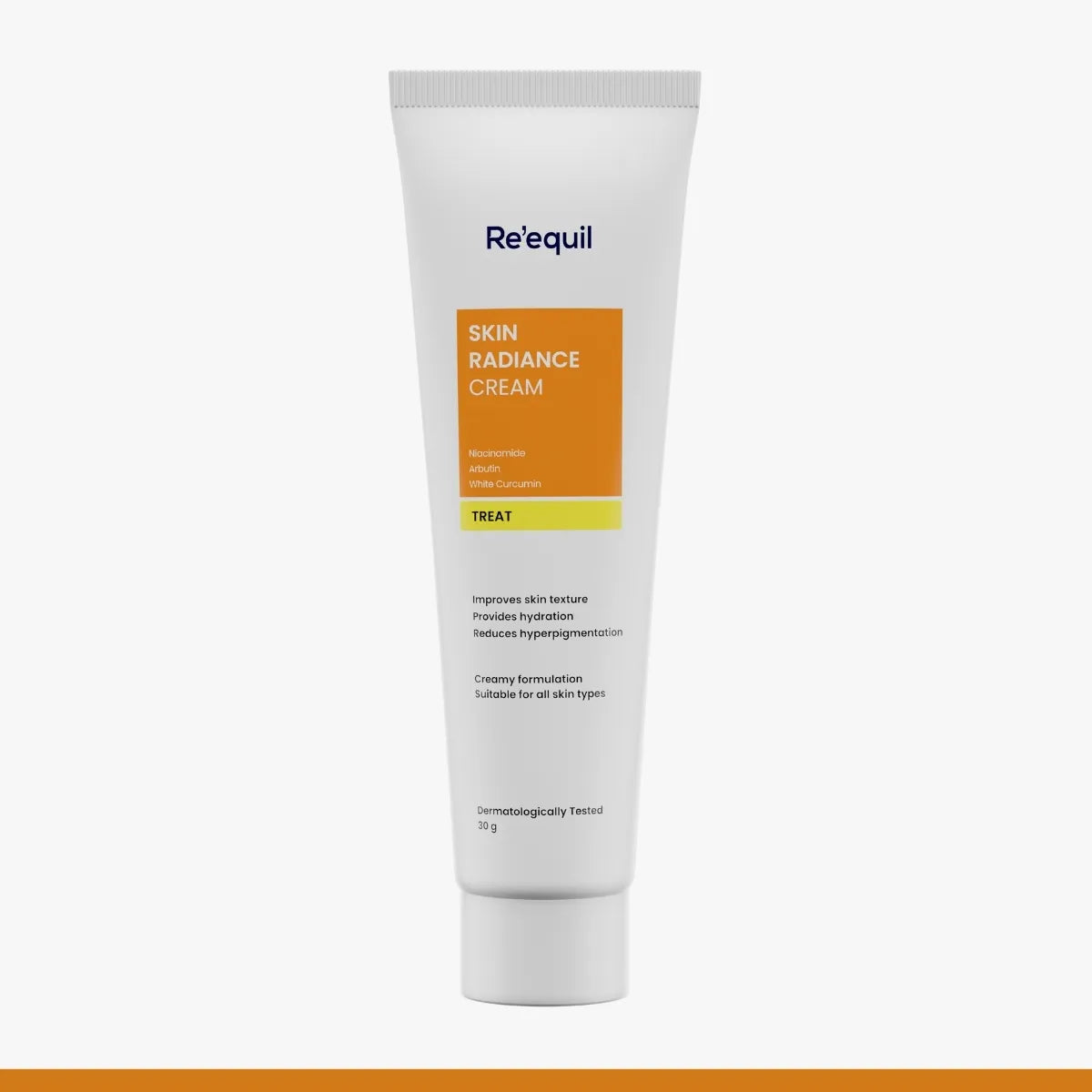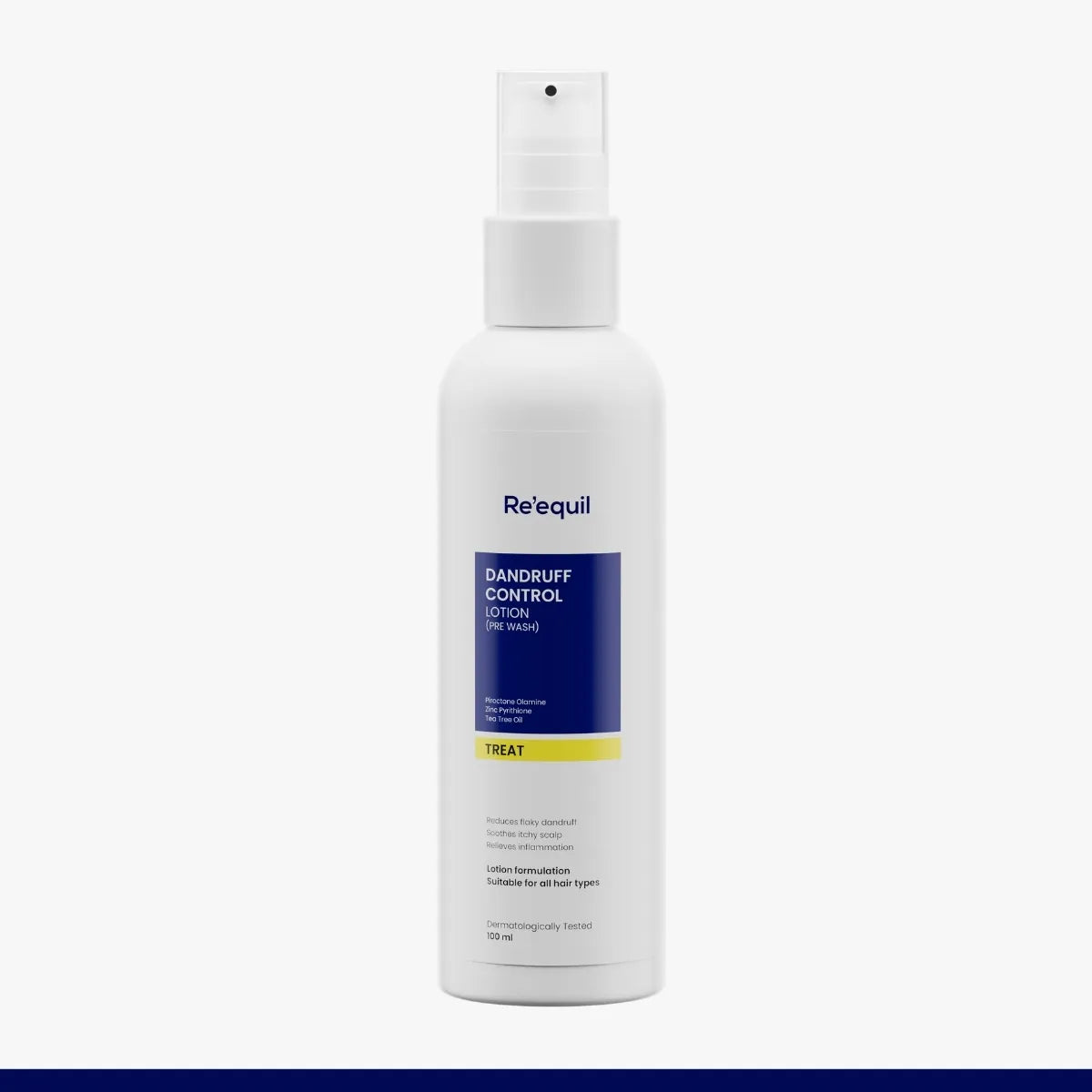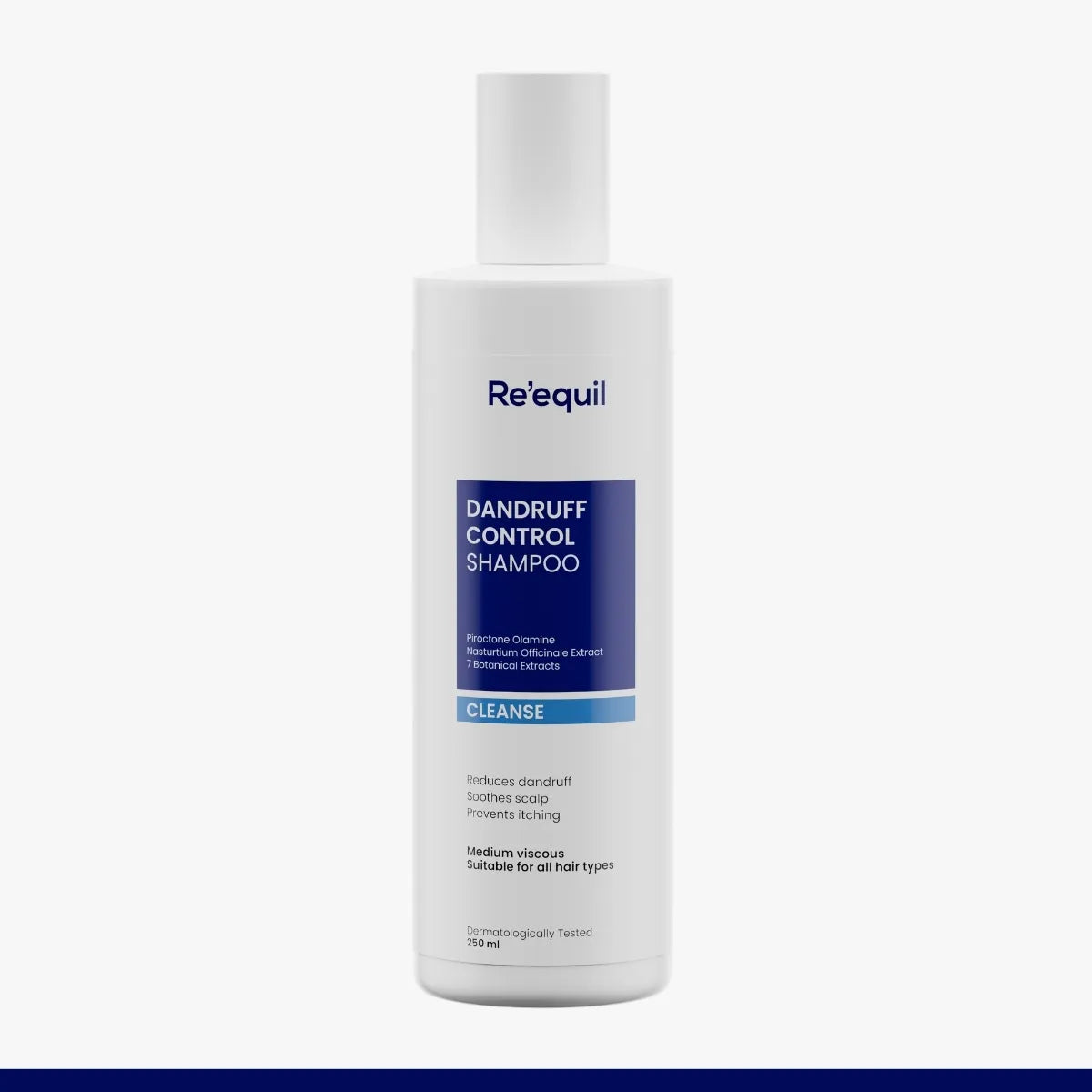Don’t we all desire a #goodhairday everyday?! Well, then why is achieving it so cumbersome?
To answer this, you might have to look around and think a little. You will observe air pollution, humidity, longer sun exposure (UV rays), unhealthy diet, using hair products without identifying your concern, heat styling tools and unyielding hair care routine in your everyday life. Little do you know, these factors affect your hair and scalp health gradually. And when left unnoticed, they can potentially attract unwanted hair/scalp problems like hair fall, dandruff and even damaged/frizzy hair for you!
See, the goal should be having a healthy bunch of hair. And if you are worried on how to have it, we are always here for you! All you need to do is identify your concern and follow the given advice and solutions to deal with it. It's that simple!
3 common hair problems
1. Damaged and frizzy hair?
If your hair appears lifeless, limped, dull and rough and takes ages to get managed, then my friend, high chances are your hair is damaged and frizzy. It is quite a common hair problem pertaining due to numerous factors given below along with apt solutions.
What causes damaged and frizzy hair?
- Undue sun exposure (UV rays) for longer durations upon hair potentially damages the hair cuticles(the protective shield for hair membrane- proteins). Consequently, hair loses its shine and lustre and looks dull.
- Using hot water instead of lukewarm can make your hair porous. This leads to more sensitive and breakage prone hair.
-
Frequent use of heat styling tools like flat iron, curlers and even blow drying actively strips off natural oils and moisture. This results in weakening of the core structure of hair making it brittle and lifeless.
- Absence of the right hair care routine eventually results in ruined hair health. Unmatched hair products to your hair concerns can kick off damage and frizz in your hair.
- Friction is also a culprit behind frizzy hair. Sleeping on a cotton pillowcase can induce more friction accelerating frizz and breakage in hair.
How to treat damaged and frizzy hair?
Hair is essentially made of proteins and moisture. And hair damage due to the above mentioned factors implies protein and moisture damage! And eventually you get frizzy and damaged hair.
Relax! Here are easy yet smart solutions to get those healthy locks back!
-
A gentler shampoo
Since your hair is already in the curbs of damage, do not worsen the condition by using harsh shampoos with strong surfactants like SLS.
Try opting a sulphate free and gentle shampoo which is kind to your hair/scalp without snatching its moisture.
-
Conditioners
Hair conditioners help in sealing the moisture content in the cuticles. This reduces hair porosity and makes your hair manageable visibly.
Dermatologists strongly recommend using silicone-free conditioners that do not leave build up in hair and scalp. Ingredients like murumuru butter and babassu oil are lauded for their anti-frizz and moisturising qualities.
-
Hair mask
A good hair care regimen for damaged and frizzy hair without a nourishing and hydrating hair mask is incomplete. As discussed above, damaged/frizzy hair demands moisture and proteins to be healthy and shiney.
Pea proteins and ceramides are the ingredients to look for in a replenishing hair mask that can balance both proteins and moisture in your hair. However, excess of both can make your hair sensitive.
2. Hair loss/hair fall/hair breakage
Combs loaded with broken strands of hair makes no one happy. But before you try to tackle it on your own, make sure you know what you are dealing with. It can be hair fall or hair loss or even hair breakage. Yes, all of these terms are different!

How to treat Hair loss/hair fall/hair breakage?
As discussed earlier, hair fall does not necessarily cause hair loss. But as they say, “a stitch in time saves nine”. If you notice the early signs of sudden hair loss, and try to treat it and take proper preventive measures, you might save yourself from balding.
Here are certain preventions and solutions for you
-
Avoid stress
Any condition in your body can worsen due to stress. Hair problems can deteriorate at a larger rate if you have stress related to any area of life. It is always and always advised to stay light headed and keep stress at bay.
You can manage stress through breathing exercises, meditation or anything that makes you happy.
-
Try topical products that come with proven hair growth ingredients
Topical treatments like serums can be beneficial for their fast target action due to their low molecular weight. And in the case of hair concerns like hair loss, these products can deliver quick results. Ingredients like
- Pisum Sativum Sprout Extract,- Aminexil, and
- Indian cress and Watercress Extract
are clinically proven to replenish hair density and hair thickness, rebalance the hair life cycle, strengthen the hair follicles, minimise hair fall and boost hair growth.
-
Watch your diet
What you eat reflects on your body sooner or later. And a healthy diet plays an important role in maintaining your hair/scalp health.
As you know, hair is all about protein. So in order to strengthen your hair, dietitians recommend adding protein rich foods like eggs, oats, cottage cheese, and yoghurt in your diet.
-
Lifestyle modifications
While you are already on the path to treat your hair concerns, you can enhance the results by simply making some effective lifestyle modifications. These can be
- sleeping for at least 6-7 hours,
- quitting smoking,
- indulging in a nutritional diet,
- practising yoga and meditation,
- using satin pillow covers instead of cotton ones,
- avoiding combing wet hair.
-
Visit a dermatologist
If you feel uneasy and observe any signs of excessive hair fall, hair loss, it is always best to visit your dermatologist. Delaying the treatment can only worsen the situation in the future.
3. Dandruff
Dandruff is generally characterised by flaking of the scalp skin. There can be numerous reasons responsible for dandruff. An excessively greasy scalp, or a completely dry scalp, or build-ups from hair products can cause flakiness on the scalp.
Owing to distinct reasons, there are 4 major types of dandruff namely,
-
Oily skin dandruff
It is caused due to excessively oily or greasy scalp, especially in summers. Extra oil along with dead skin cells causes build up on the scalp. It is one of the most common reasons for dandruff in your hair.
-
Dry skin dandruff
When your scalp is dehydrated, it turns dry. This causes irritation, flakiness and can induce itchiness as well. It is quite common in winters.
-
Fungus-related dandruff
Malassezia is a yeast-like fungus feeding on oils on the scalps and skin of most adults. People with dandruff generally possess an oily scalp which can accelerate the overgrowth of this fungus on your scalp. This affects the skin cells growth cycle on the scalp. It increases rapidly causing flaky and irritated scalp skin.
-
Skin condition related dandruff
Certain skin conditions like seborrheic dermatitis and psoriasis (though all of these are quite different from each other) can have similar symptoms. Seborrheic dermatitis and Psoriasis are the extreme forms of dandruff and can appear on other parts of the body. While psoriasis can affect any body part, Seborrheic dermatitis appears on the face and ears apart from the scalp.
How to treat dandruff?
It is not like that dandruff cannot be treated. It can be! Here are a few tips and solutions to manage and tend to if you are dealing with it.
-
Try good anti dandruff hair care products
Shampoos and scalp lotions with ingredients like Tea Tree oil, Piroctone Olamine, Nasturtium officinale Extract, Zinc Pyrithione which have antifungal and antibacterial properties, can help you treat dandruff
-
Tea tree oil home remedy
Tea tree oil when used with another lighter hair oil comes handy in the case of dandruff. But it is important to use the diluted version of the tea tree oil as the concentrated one can cause skin stinging, burning and redness.
-
Despite trying everything if your dandruff persists, visit a doctor
If dandruff does not get better with the above mentioned solutions and tips, it is always best to seek advice from your dermatologist.
Conclusion
Hair concerns are more common than expected. But they can be a problem when ignored despite observing the uneasiness and symptoms on your scalp. While dandruff when left untreated can turn severe into seborrheic dermatitis or psoriasis. On the other hand, untended hair loss can cause balding and hair breakage if not treated can lead to very rough and frizzy hair.
You can look for guidance from Re’equil’s blogs and guides to help with every specific hair concern. We don’t want you to lose hair and hope, but fear! You can count on us.






